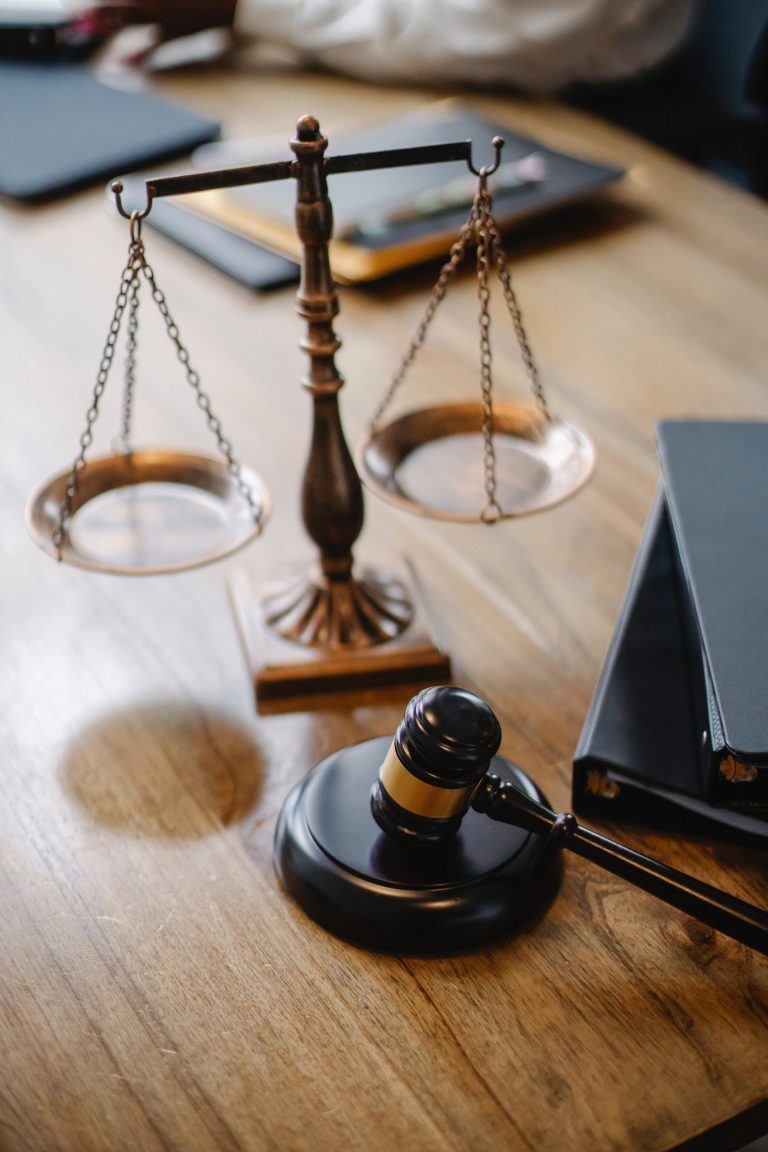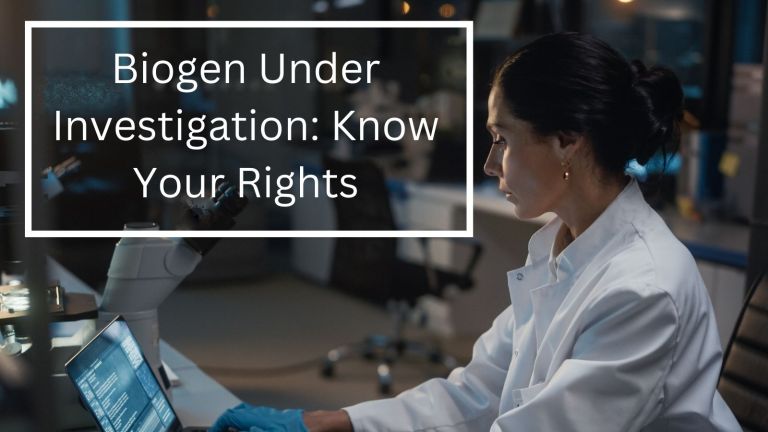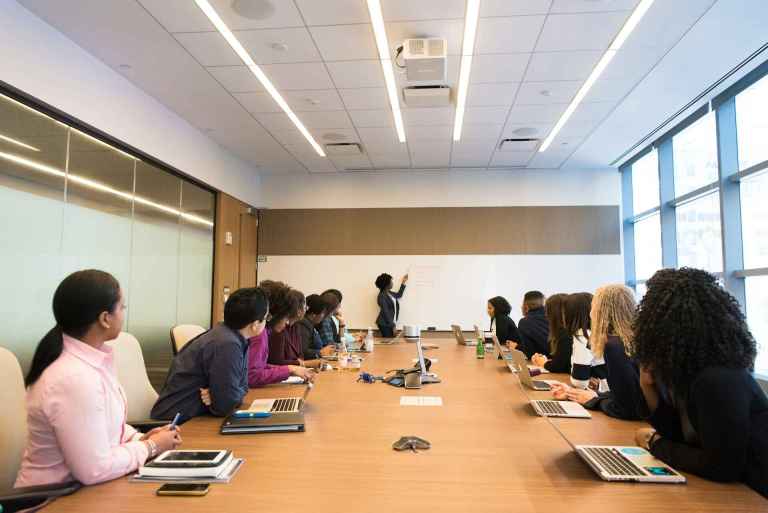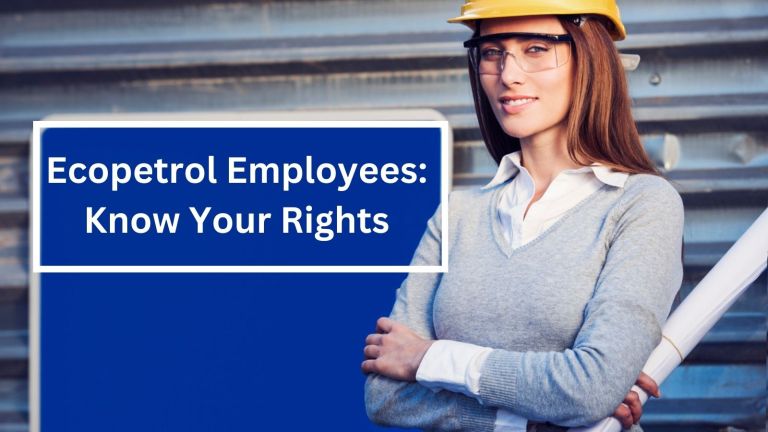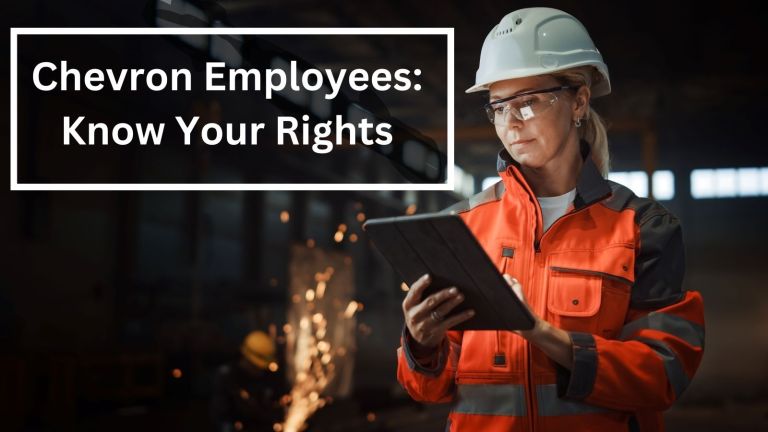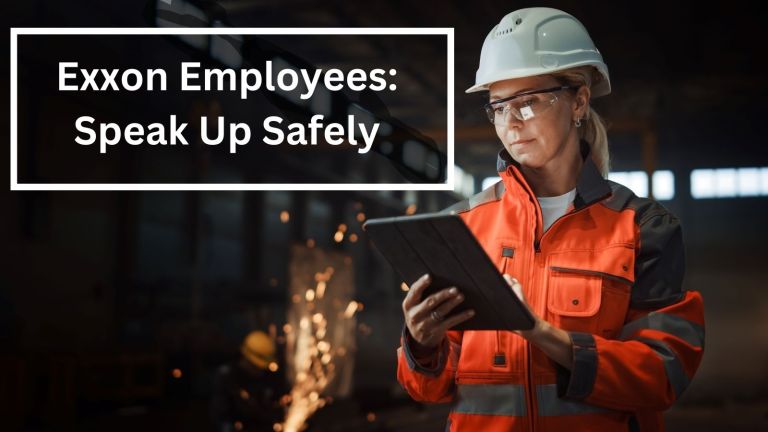When it comes to tackling bribery and corruption, corporate accountability is an important part of ensuring that wrongdoers are brought to justice, and corporations are deterred from engaging in illegal conduct.
In this month’s episode of our leadership series, I had the pleasure of interviewing Avery Kelly. Avery is a Staff Attorney at the non-profit organization Corporate Accountability Lab where she leads the Legal Design Lab, an innovation hub that applies design thinking to problems of corporate impunity for human rights and environmental abuse. Below is our Q & A from when we spoke.

Corporate Accountability Lab
Q: Avery, thank you for joining us in this interview series. Before we dig in, our readers would love to get to know you a bit more. What is the “backstory” that brought you to this particular career path? Has working in this field always been something you wanted to pursue?
I wouldn’t say I always wanted to be a human rights lawyer per-se, but I’ve been interested in the root causes of inequality for a long time and always wanted to do social justice work, which led me here. I grew up in Alabama and was exposed early on to a sprawling history of racial injustice and economic inequality and repeatedly saw catastrophes caused directly and indirectly by companies (like hurricanes supercharged by climate change and oil spills in the Gulf of Mexico). So I was interested in social justice issues from a young age. When I got to college I took courses that connected what I had seen at home to national and global phenomena. I was introduced to the economic, social, and political systems driving structural problems across the globe and invited to critique them, which I found so interesting and important. After college, I worked for an NGO doing human rights and environmental advocacy before the United Nations on behalf of impacted communities around the world. In that work, it became difficult to ignore the patterns of corporate abuse that impacted communities identified time and time again. The gap in accountability for such companies also became very clear to me. During that time I worked with some incredible mentors who encouraged me to think about the need for legal accountability for corporations. So I went to law school to focus on corporate accountability for human rights and environmental harms. Fast forward a few years, and I am privileged to work at CAL and passionate about the work I do today.
That’s a fantastic backstory. Can you tell us about where you work at the moment, Corporate Accountability Lab?
Gladly! Corporate Accountability Lab (“CAL”) is a legal non-profit organization that works on international human rights and corporate accountability. We focus on the impunity gap for corporations who abuse human rights and the environment through their supply chains. We’re based in Chicago and staffed by a small but mighty team of lawyers trained mainly in the United Kingdom. But our work is global in nature—we primarily focus on harms caused by companies based the US and other Global North countries against workers and communities abroad. Our Executive Director Charity Ryerson founded CAL in 2017 after spending several years litigating international human rights cases under the Alien Tort Statute (ATS). As the possibilities of applying the ATS and other tools available to US lawyers to address abuse abroad narrowed over the years, Charity saw the need for a dedicated space to foster innovation. She founded CAL with a “design lab” model, and we use design thinking processes and mindsets to develop new and under-utilized strategies to address corporate impunity for human rights and environmental abuse.
That sounds like a really exciting team to work with, and a dream job for a lot of young lawyers. In terms of your role at CAL, what sort of things do you work on, what does a day in the life look like?
I am a Staff Attorney and lead CAL’s Legal Design Lab—the organization’s innovation hub where we research, develop, and test new ideas. This allows me to work on a lot of different types of projects. For example, I’m currently working on a contract law project in which US buyers who source goods internationally make terms protecting workers enforceable by those workers, no matter where they are in the world. I’m working with indigenous communities in Southeast Asia to determine what (if any) legal redress they could seek in the host country of an extractive company that has harmed them.
I’m also writing up lessons learned from a cross-jurisdictional “social lab” CAL co-convened last year in which we developed new ideas for holding corporations accountable in post-conflict settings. My day-to-day varies, but I generally spend some time each day researching and writing, collaborating with colleagues from partner organizations (lots of Zoom calls!), and doing some administrative work that comes with being part of a non-profit team.
Ha! I think any lawyer reading can relate to the frequency of Zoom calls. In terms of the broader goals of CAL, are there any interesting or exciting initiatives or projects you are working on now?
Yes, two in particular:
CAL has developed language that buyers can incorporate into their contracts with international suppliers to make supplier codes of conduct enforceable by workers. This is an innovation we’re testing out with the potential to change the way standard codes of conduct operate and open up access to remedy for many more supply chain workers who are harmed in the course of production for multinational brands.
Secondly, I am working with my colleague Tatiana Devia to prepare and submit information to the transitional justice court in Colombia (the Special Jurisdiction for Peace) regarding the role of multinational companies based in the United Kingdom and other Global North countries in the armed conflict, including corporate financing of armed groups and contributing to widespread human rights abuses and environmental harms.
Those are some really interesting projects. I am sure that some of our readers would like to follow those projects. Are there any initiatives that the general public can get involved in or follow?
Yes, we recently filed suit against Rainforest Alliance and Hershey in DC Superior Court based on Rainforest Alliance’s misleading claims to consumers about sustainability in the supply chains of certain Hershey products. Despite Rainforest Alliance’s green frog symbol appearing on some Hershey’s chocolate–which is supposed to indicate to consumers that the chocolate was produced sustainably–CAL’s investigators have documented multiple instances of hazardous child labor on Rainforest Alliance certified farms in Cote d’Ivoire. This means that Rainforest Alliance and Hershey are misleading consumers, distracting the public from real abuses in Hershey’s supply chain, and financially benefitting from child labor. The public can follow our case in DC, call out Hershey and Rainforest Alliance on social media, and donate to CAL to support the work!
If people want to keep up to date with other organizations I would also recommend learning about Earth Rights International, the Center for Constitutional Rights, the International Corporate Accountability Roundtable (ICAR), and International Rights Advocates.
Those are some great organizations and hopefully we will get to speak with some of their teams as well in the coming months. At FBR, we deal a lot with whistleblowers from developing nations who witness wrongdoing in their countries committed by western corporations. Many of these whistleblowers are disappointed at the efforts of the western governments to adequately police how their corporations do business and hold them accountable. Do you think this is a fair criticism?
Absolutely. If a government prohibits companies domiciled in its jurisdiction from using forced labor, for example, within its territory, why should it turn a blind eye when those same companies rely on forced labor abroad? These companies shouldn’t get a free pass just because they move production overseas. We live in a globalized world with globalized supply chains, and home countries need to rise to the challenges that this raises. Home countries have a major role to play in combatting global corruption and other abuses that involve companies. It is clear that voluntary agreements to address corporate wrongdoing don’t work. Just take the cocoa industry, which is rife with child labor and decades-old voluntary agreements by companies to eradicate child labor, whose timelines are extended, and objectives fail, time and again. We need legally binding frameworks—and not just those that are enforced in host countries that may be incentivized to turn a blind eye to abuses—but by home countries as well. This has been done to a certain extent in the corruption arena—for example through the U.S. Foreign Corrupt Practices Act—but we’ve got a long way to go in terms of enforcement and for human rights and environmental harms committed abroad that may or may not involve bribery.
Exactly! We do a lot of work with whistleblowers reporting under the Foreign Corrupt Practices Act (FCPA) and it’s one of the few laws that offers local employees a means of reporting corruption in their countries perpetrated by U.S. companies.
Changing tack a little, we’ve recently seen environmental concerns come sharply into focus in the last two decades, and in response some companies have changed their business models accordingly. However, some have been accused of “green-washing,” essentially, devoting a lot of time and marketing efforts to presenting themselves as an environmentally friendly company, while investing very little resources or efforts in actually reducing their environmental footprint. Do you think there is a comparison to be made with green-washing and how some companies approach corporate accountability?
Definitely. Companies are responding more and more to consumer bases that are increasingly aware of environmental and social issues and seek more ethically produced products. But those responses, including Corporate Social Responsibility (CSR) initiatives, are often principally PR initiatives for companies to appear more sustainable with little to no connection to actual changes to become more sustainable. Those PR schemes are subject to little regulation, so it’s very difficult to navigate shopping “ethically.”
In addition to “green washing,” we’re seeing a lot of what folks call “fair washing” (making vague, false, or misleading claims about labor practices) and “humane washing” (making such claims about animal welfare). CAL and some of our partners are looking into how to hold both companies and eco-social certifiers (like Rainforest Alliance that I mentioned earlier) accountable for misleading consumers, distracting from abuses, and maintaining the status quo. For more info, you can check out our blog post about Fair Trade Dairy certified Chobani yogurt, action Greenpeace and Richman Law & Policy have taken against Chevron, and this recent case filed by GLJ-ILRF against Bumble Bee Food.
Having already perused the CAL blog, I can confirm those are some excellent articles. In contrast to the corporations you have seen fall short on corporate accountability, are there any corporations that you have encountered that you felt were setting an excellent example in terms of their corporate accountability?
In 2020, CAL filed an amicus brief to the Supreme Court in a case involving Nestle USA on behalf of eighteen small and mid-size cocoa and chocolate companies supporting liability for companies profiting from forced child labor overseas. These companies structure their cocoa supply chains to produce cocoa that’s free from forced child labor and invest significant resources into monitoring and improving their systems. In this brief, these companies argued that cocoa should be produced without forced child labor, that it’s possible to do so, and that companies that rely on forced child labor should be held accountable under law. See more here.
For our final question I wanted to get your thoughts on whistleblowers and how they fit into the goal of advancing corporate accountability.
I think that whistleblowers—both impacted community members and company insiders who are willing to speak up—are very important to advancing corporate accountability, especially since our systems regulating corporate activity are not as vigilant as they should be. At the end of the day, corporations are made of individual people, and impunity relies in part on the silence and acquiesce of each of those individuals, and whistleblowing greatly challenges this status quo. Impunity also relies on affected communities not having the significant resources required to fight back effectively, so when community whistleblowers challenge corporate abuses and corruption, it can make a big impact.
It would be great to see more whistleblowers speaking up about the role of companies in contributing to and exacerbating abuses against people and the planet committed in conflict settings around the world. These roles often include financing armed groups, instigating and/or benefitting from displacement, and complicity in abuses committed by authoritarian regimes. The role of corporate actors is often overlooked in transitional and post-conflict processes, and sustainable peace depends on addressing the role of all actors—including companies–during conflict.
Avery, those are some fantastic insights and we really appreciate your time. I’m sure that any reader with an interest in corporate accountability will be thrilled with the work you are doing with CAL. Is there a way they can keep up to date with the work your doing?
Yes. Folks can join our email list and follow our blogs (go to our website at corpaccountabilitylab.org) and follow us on social:
Twitter & IG: @CorpAcctLab
FB: @corpaccountabilitylab
LinkedIn: Corporate Accountability Lab
Great, it was a pleasure speaking with you Avery and we wish you and CAL all the best, we’ll be keeping up to date with all your great work.









